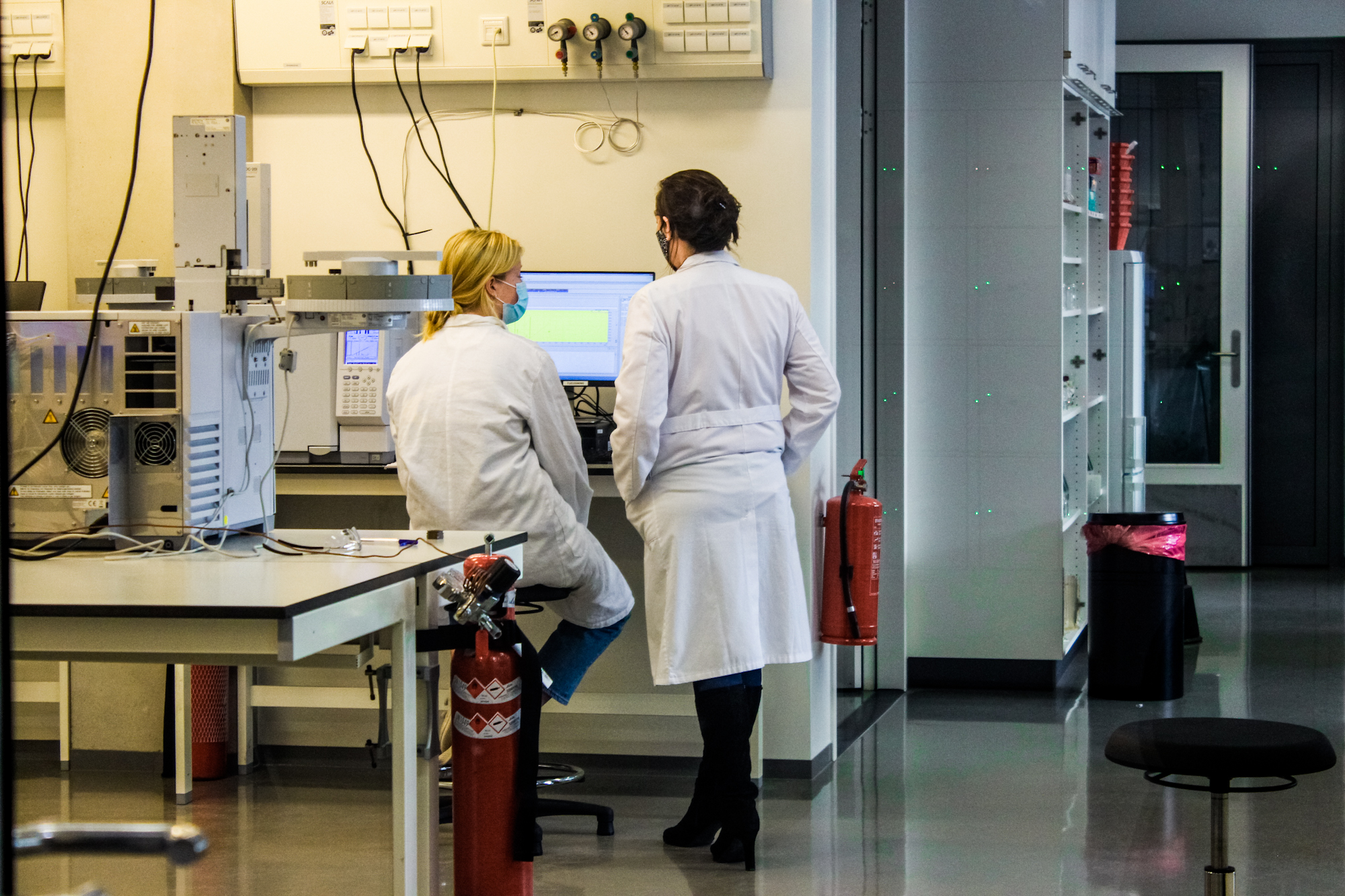Scientists were remarkably productive during the coronary pandemic, but men more so than women. Unevenly distributed care tasks can be the cause of this.
The persons in the picture do not appear in this article. (Photo: Dalia Madi)
This issue had previously been predicted: female scientists are by far more affected by coronavirus lockdowns than their male counterparts. A new study conducted by publisher Elsevier appears to confirm these concerns.
Between February and May of this year, Elsevier’s more than two thousand scientific magazines received 58 percent more articles compared to the same period in 2018 and 2019. In fields relating to healthcare and medicine, this increase was a whopping 92 percent.
Women contributed significantly fewer articles than men in fields including health & medicine, nature & technology and social sciences & economy.
But differences can also be observed within the group of female academics: experienced scientists were more affected by the lockdown than PhD students and researchers who are just starting out, as the latter two groups are less likely to have children and care duties.
Growing inequality
According to the authors, inequality between men and women is likely to grow even more, because the number of publications and citations continues to be a determining factor in the careers of scientists.
The authors are now calling on research financiers and selection boards to reconsider the importance they attach to the number of articles published during the pandemic. This view aligns with the movement interested in other ways of ‘recognising and rewarding‘ scientists.
HOP, Hein Cuppen
Do you have a question or comment about this article?
redactie@hogeronderwijspersbureau.nl


Comments are closed.